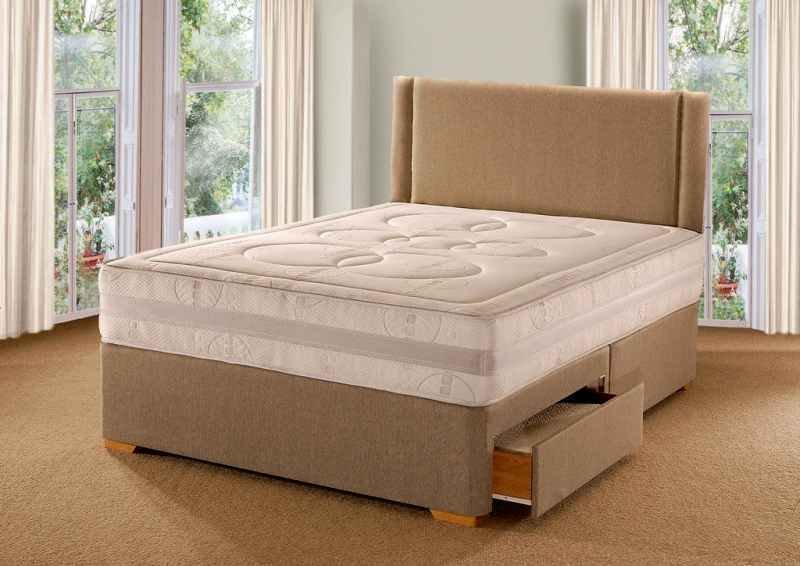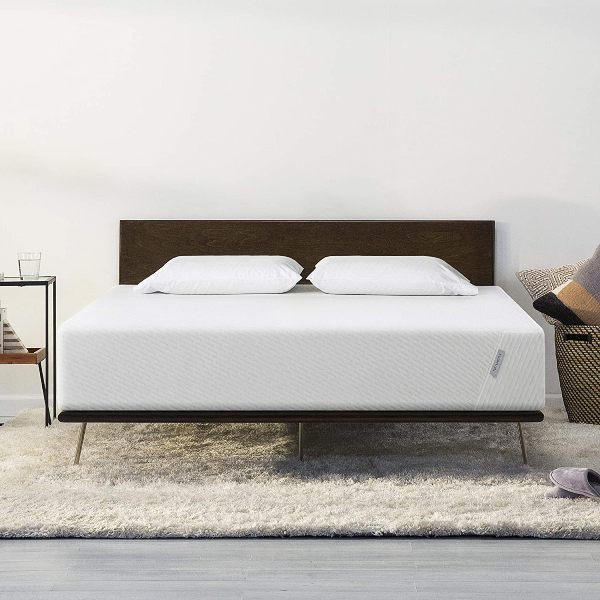There will come a time when you will need to replace your old mattress, which is generally every 7-10 years, making mattress buying a longterm investment.
Most people will spend their time in the buying process of looking for the perfect mattress; little do they know there is no such thing as a perfect mattress, only one that suits you best.
So for your next bed, make sure you spend some time trying them out to pick the most comfortable bed for you. Or if you’re ordering a mattress online and getting a mattress in a box, make sure to match the specs to your sleeping preference.
Shopping for a mattress is never a straightforward task, and it is wise to spend some time to put some things into consideration. Here are some tips to get you started.
(Image Credit: Logan Nolin, Unsplash)
Understand Available Options
There are four major types of mattress:
- Innerspring: This is the oldest type of mattress that chances are high you might have grown up sleeping on it. Also, it is the most inexpensive type of mattress and most common, since it has been around for a long time.
An innerspring mattress uses wire coils as a support system, which is also responsible for its bounce. However, the number of coils in these types of mattresses doesn’t matter, despite what the salesperson might tell you. What you should look out for is the thickness of the wire used.
- Memory foam: This type isn’t so springy, but its heat sensitivity makes it great for your body, especially if you suffer from pains.
You will need some time to get used to this mattress. What is more, the foam used varies from one mattress to another. - Latex and gel: These kinds have similar firmness as the memory foam types, but quite a springer in comparison. Latex mattresses are usually made with an extra layer of moldable, elastic gel that allows them to breathe and feel cooler.
- Air core: If you want a mattress that gives you control of firmness, the air core is an ideal option. You can increase or reduce firmness by inflating or deflating the mattress.
Price doesn’t always translate to quality
Modern mattresses can go for between $150 and $5000, but the average price is slightly or above $1000. The price point depends on several factors, such as size, type, material composition, height, and durability.
Ideal budget is $1000
Generally, you will be able to find a better mattress at $1000, which can last between 7 and 10 years. Also, with this budget, you will be able to have a wide range of options in terms of material, size, type, and firmness. While this might seem steep to some people, you should know that good health and enhanced mood that comes with quality night sleep is priceless.
Consider bringing your partner
If you are going to share the mattress with someone, it makes sense to come with them to the store to test if it is comfortable for both of you.
Don’t be fooled by a long warranty
Most mattresses will show defects within the first year, and after that, it can be challenging to prove anything under warranty.
Ask about trials and return periods
Trying out a new mattress in the store is not enough to pass judgment. You will have full information after spending an entire night or several days sleeping on it, sometimes even months. So before buying, make sure you ask about trial and return periods.
Some brands offer 365 trial nights, which may or may not include a restocking fee.
Final Thoughts
There is no such thing as the best mattress. A perfect mattress for you is the one that works for you best. Buying a mattress is a personal experience which you should never delegate to someone else. The above tips are to give you a head start and make an informed decision.




















